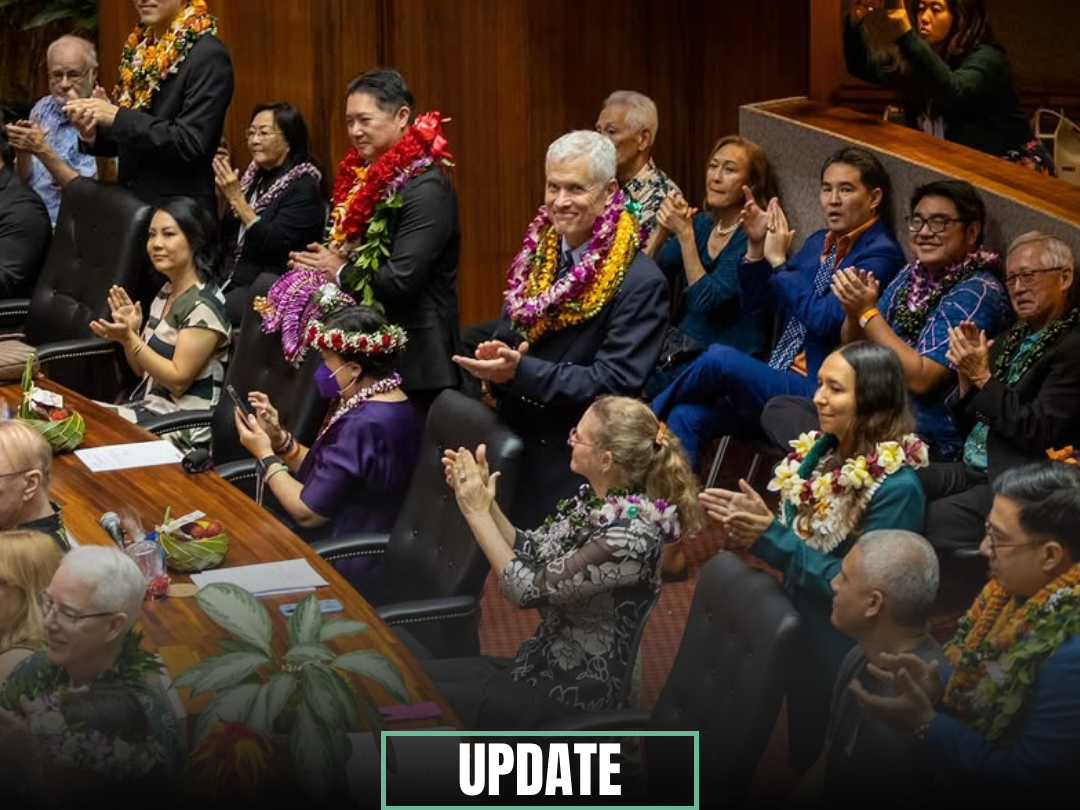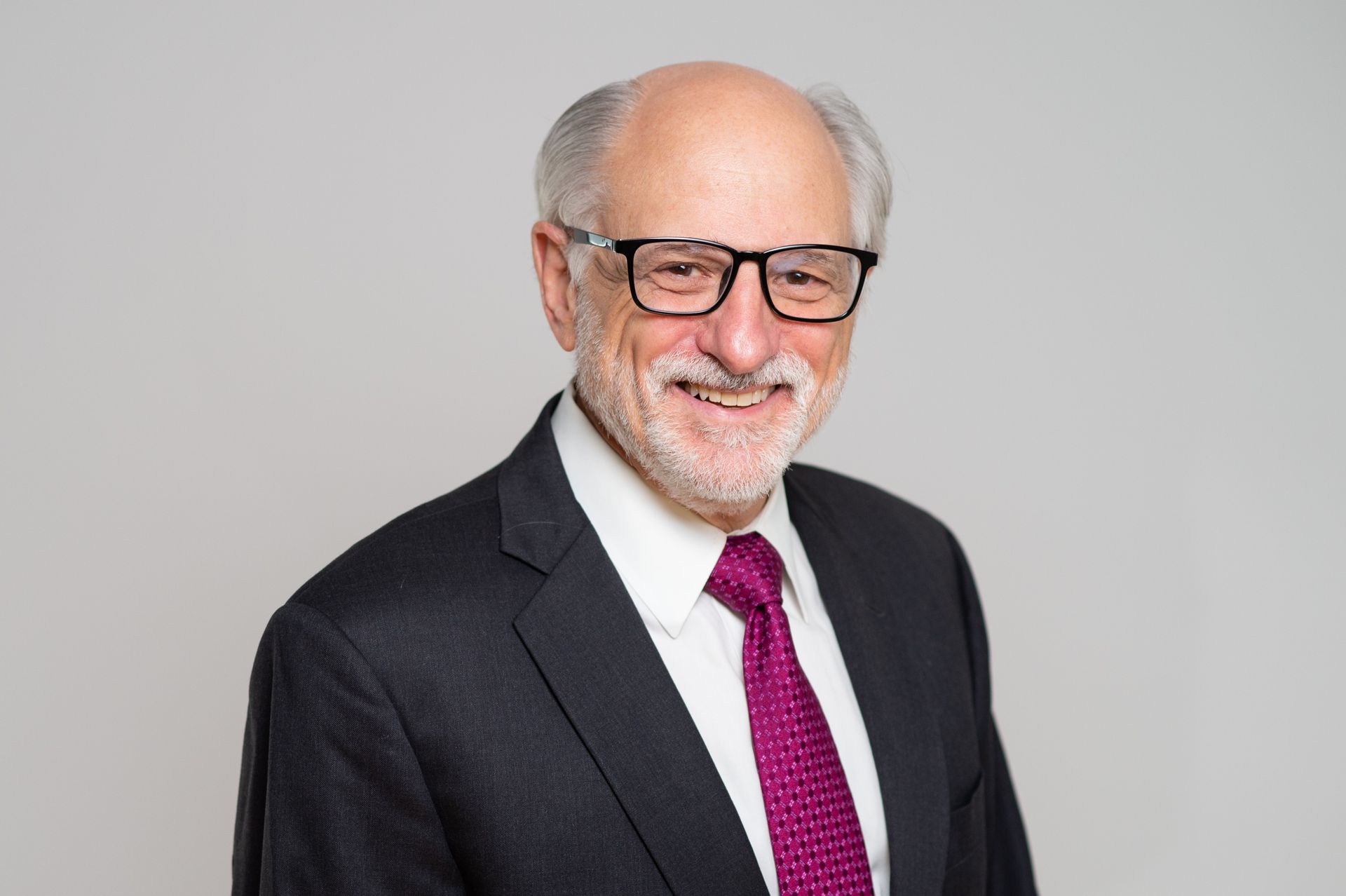Roots of Resilience: African American Contributions to the Cannabis Movement
Roots of Resilience: African American Contributions to the Cannabis Movement
Cannabis has deep historical roots, stretching back thousands of years across various cultures, including Africa, where it was used for medicinal and spiritual purposes. In pre-20th century America, hemp was cultivated primarily for fiber, but there is evidence of its use within some African American communities as well. These early connections laid a foundation for a complex relationship between African Americans and cannabis, one shaped by cultural significance, criminalization, activism, and entrepreneurship. This journey reveals a narrative of resilience and influence, showcasing the integral role African Americans have played in the evolution of cannabis culture and policy in the United States.
The 1930s marked a pivotal shift with the enactment of the “Marihuana Tax Act” of 1937, which effectively criminalized cannabis. This legislation was rooted in racial undertones, strategically associating cannabis use with marginalized communities, particularly African Americans and Mexican immigrants. This racialized narrative was fueled by propaganda that painted cannabis users as violent and dangerous, reinforcing stereotypes that justified harsh legal consequences. The demonization of cannabis laid the groundwork for decades of systemic discrimination and criminalization that would disproportionately impact African American communities.
Despite these challenges, African American cultural icons began to reshape the narrative around cannabis during the early 20th century. Louis Armstrong, an iconic jazz musician, openly discussed his cannabis use in interviews. His candor helped normalize its use within African American culture, particularly within the jazz scene, where cannabis became associated with creativity and artistic expression. Armstrong's influence extended beyond his music; he challenged societal norms by embracing cannabis as a tool for relaxation and inspiration, subtly defying the negative stereotypes perpetuated by mainstream society. His legacy continues to inspire artists who view cannabis as an integral part of creative expression and cultural identity.
During the 1960s, amid the Civil Rights Movement, cannabis use emerged as a form of counterculture expression among Black Americans in urban areas. The plant became a symbol of resistance and freedom, aligning with the broader struggle against racial oppression. Yet, this association with rebellion also made cannabis a target of political agendas. In the 1970s, the Nixon Administration launched the “War on Drugs,” a policy initiative that disproportionately targeted Black communities. The criminalization of cannabis escalated, leading to skyrocketing arrest rates and significant incarceration disparities. Nixon's advisor, John Ehrlichman, later admitted that the policy aimed to disrupt Black communities and antiwar activists, revealing the racially motivated underpinnings of the drug war.
The impact of the War on Drugs intensified during the 1980s under the Reagan Administration, which implemented even harsher drug laws, including mandatory minimum sentences for cannabis offenses. This era further stigmatized cannabis, exacerbating mass incarceration rates among African Americans. The resulting social and economic consequences devastated countless Black families and communities. However, even amid this adversity, resilience emerged. As the criminal justice system disproportionately targeted Black Americans, leaders and activists within these communities began organizing and advocating for change.
By the 1990s, discussions around drug reform started gaining momentum, and African American activists played crucial roles in these conversations. They highlighted the racial disparities in drug enforcement and advocated for decriminalization and legalization of cannabis. This period marked the beginning of a shift in public perception, as activists linked cannabis reform to broader social justice issues. This became especially common in rap and hip-hop where many Black artists are advocates still today.
In the early 2000s, the push for medical cannabis legalization gained traction in several states. African American activists were instrumental in these movements, advocating for patient rights and access to cannabis as medicine. By the following decade, significant progress was made as more states legalized cannabis for recreational use. This new landscape allowed Black Americans to participate in the industry as advocates and entrepreneurs. Yet, systemic barriers persisted, preventing equitable access to business opportunities.
Wanda James emerged as a trailblazer during this time, becoming the first African American woman to own a dispensary in Colorado. Her business, Simply Pure, symbolizes resistance against the racial discrimination historically tied to cannabis prohibition. Wanda’s advocacy extends beyond entrepreneurship—she works tirelessly to influence cannabis legislation and ensure communities affected by criminalization benefit from legalization. Her leadership challenges the status quo and paves the way for a more inclusive industry. Meanwhile, Calvin Johnson, a former NFL superstar, co-founded Primitiv cannabis to highlight the therapeutic benefits of cannabis as a safer alternative to opioids commonly used by athletes. His advocacy challenges the stigma surrounding cannabis use in professional sports and emphasizes the need for reparative justice in communities disproportionately affected by past drug policies.
Now in the present, the 2020s represent a pivotal moment in the cannabis movement, as legalization continues to expand and discussions about equity and justice gain momentum. States have implemented measures to address the injustices faced by Black Americans during the War on Drugs, including expungement of records and support for minority-owned cannabis businesses. Donte West is at the forefront of this movement, leveraging his experiences with cannabis criminalization to advocate for equity and systemic change. Through his work with the Last Prisoner Project, Donte inspires others to participate in the cannabis industry and advocate for justice.
We have seen a surge of African American entrepreneurs who are redefining the cannabis industry. Jesce Horton, the founder of Lowd and Grand National, is committed to creating opportunities for historically excluded communities while influencing cannabis legislation to promote equitable access. Roger “Ganja Guru” Sterling uses his platform to uplift communities of color and challenge societal narratives around cannabis, while Gibran Washington, CEO of Ethos Cannabis, advocates for inclusivity and justice within the legal cannabis market. Their leadership reflects a new chapter of empowerment and success, breaking down barriers and ensuring diverse voices shape the industry's future, though there is plenty of work still needed to balance the scales of cannabis ownership.
Organizations like The Hood Incubator and Free My Weedman are also crucial in paving the way for a more inclusive cannabis space. By supporting Black and Brown entrepreneurs, advocating for equitable policies, and raising awareness about unjust incarcerations, these initiatives work to rectify historical injustices and promote social equity. Kristal Bush, founder of Free My Weedman, combines her entrepreneurial spirit with community advocacy, influencing cannabis policies and empowering marginalized communities.
As we honor the contributions of Black individuals and organizations during Black History Month, it is essential to recognize the ongoing struggle of those disproportionately criminalized for daring to be involved with cannabis. From Louis Armstrong’s cultural influence to modern-day entrepreneurs and activists, African Americans have shaped the cannabis movement at every turn. Their resilience and leadership challenge systemic injustice, demand equity, and celebrate cultural identity, paving the way for a better industry for all.
To continue supporting this legacy, we can engage in conversations about equity, support Black-owned cannabis businesses, and advocate for policies that promote justice. By acknowledging the past and celebrating the strides of the present, we can build a future that honors the roots of resilience within the cannabis movement.



The Last Prisoner Project. All rights reserved.
Last Prisoner Project is a 501(c)(3) tax-exempt organization with EIN 83-4502829. Mailing address: 1312 17th St #640 Denver, CO 80202. Our governing documents and conflicts of interest policy can be found here. Our Privacy Policy can be found here.
Website built on KUSHY



